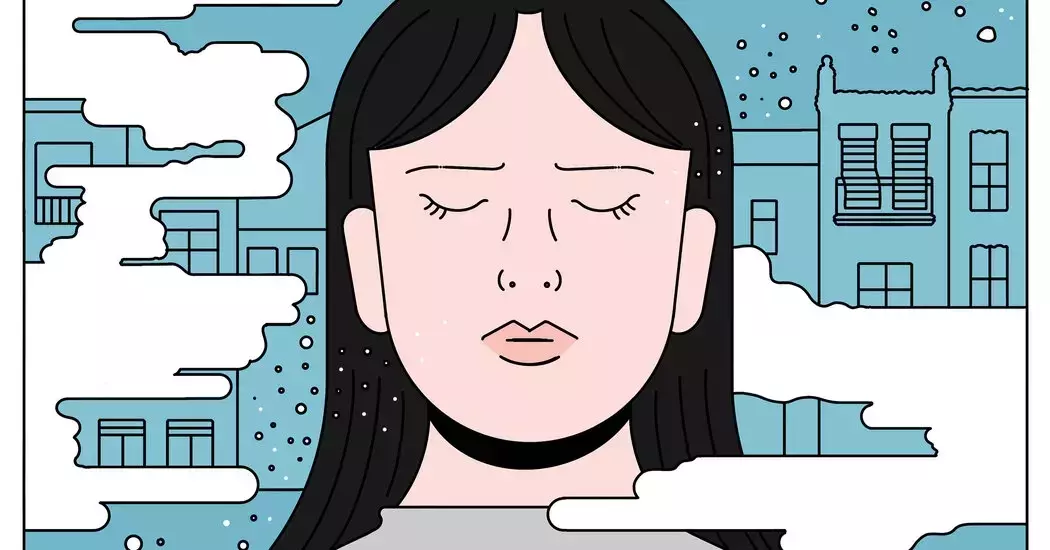
Many individuals unexpectedly encounter sneezing and nasal discomfort in adulthood. This phenomenon has intrigued researchers and medical professionals alike. Contrary to popular belief, allergies are not exclusively a childhood condition. Dr. Tolly Epstein from the University of Cincinnati College of Medicine highlights that acquiring new allergies in one's 20s, 30s, or 40s is quite prevalent. The symptoms can manifest subtly, making them easy to overlook. For instance, fatigue or sinus pressure might be mistaken for signs of a common cold.
Seasonal allergies often involve more than just respiratory issues. According to Dr. Andrew Rorie at the University of Nebraska Medical Center, those newly sensitive to pollen may notice an unusual itchiness in their mouths after consuming specific raw fruits or vegetables. This reaction stems from the immune system mistakenly identifying plant proteins as pollen. Such complexities underscore the importance of understanding how environmental factors interact with human physiology.
Environmental changes significantly influence the onset of seasonal allergies. As global temperatures rise, the duration and intensity of allergy seasons increase, exposing more people to allergens like pollen and mold spores. When these particles enter the body, they trigger immune responses involving antibodies and chemicals such as histamine, leading to familiar allergy symptoms. While science continues exploring why some adults suddenly develop allergies, it is clear that adapting to evolving environmental conditions plays a crucial role in maintaining health. Embracing awareness about these shifts empowers individuals to seek timely medical advice and adopt preventive measures, fostering a healthier lifestyle amidst changing surroundings.
